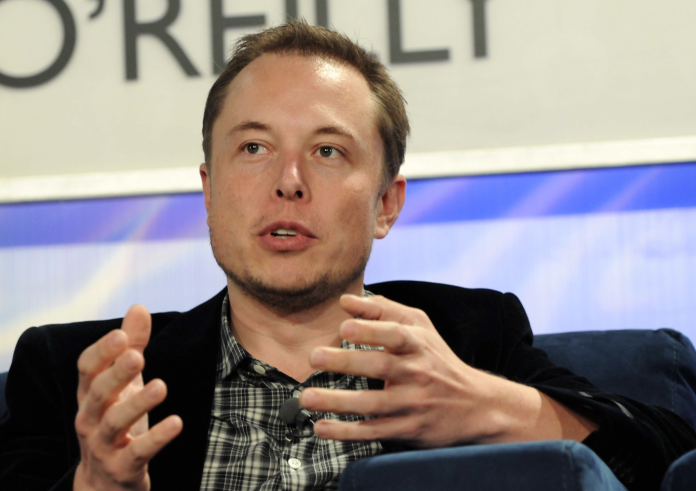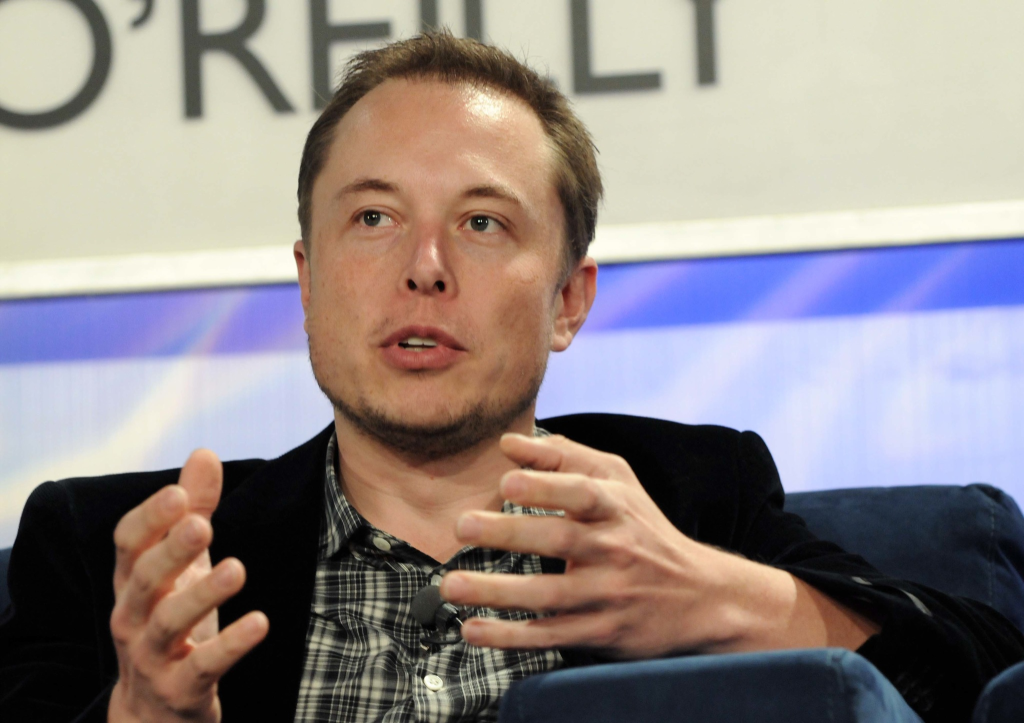
What if the universe, including all its galaxies, black holes, and human soap operas, is just a very sophisticated computer program? For Elon Musk, this is no mere speculation but a serious consideration one that he has publicly given at “one in billions” odds against being in base reality. His belief is a product of a coming together of philosophical thinking, tech trends, and a pinch of existential risk analysis.
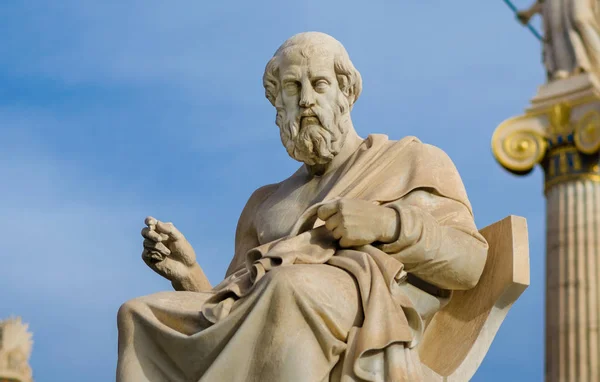
The simulation hypothesis, once the bailiwick of philosophers such as Plato and Descartes, has taken on new relevance in an era of photorealistic virtual reality and rapidly progressing artificial intelligence. Musk’s Mars plans might be about preserving humanity from extinction by a physical threat, but his thoughts on simulation theory face an existential threat that no plan to leave the planet could avoid. The following are seven of the strongest perspectives from mathematical models to ethical dilemmas that shed light on why this hypothesis captivates both technologists and philosophers.
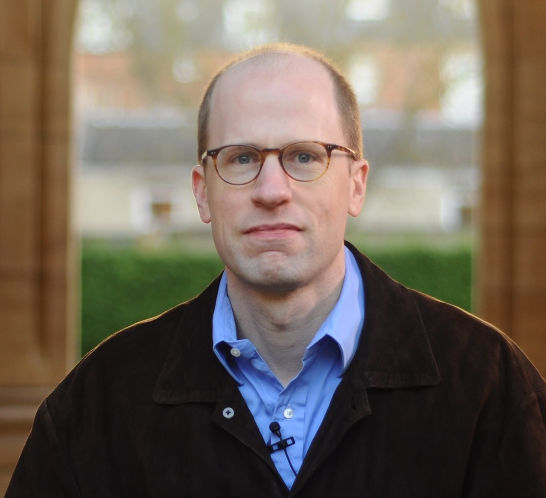
1. The Bostrom Trilemma That Launched the Debate
In 2003, philosopher Nick Bostrom at Oxford presented the simulation argument as a binary decision between three alternatives: human civilization becomes extinct before it can achieve the ability to execute reality-scale simulations; advanced civilizations simply never opt to execute them; or we are very likely living in one. The reasoning rests on the exponential acceleration of computing and the postulate of substrate independence that consciousness can arise on any system with the appropriate computational structure, and not solely on biological brains.
Elon Musk’s frequently cited “one in billions” statement hangs on the denial of the first two assumptions. If civilizations last and have the capacity, he contends, they will simulate probably multiple times over. In that kind of universe, the simulated minds would far outnumber those in reality proper, making our own lives statistically more probable to be simulated.
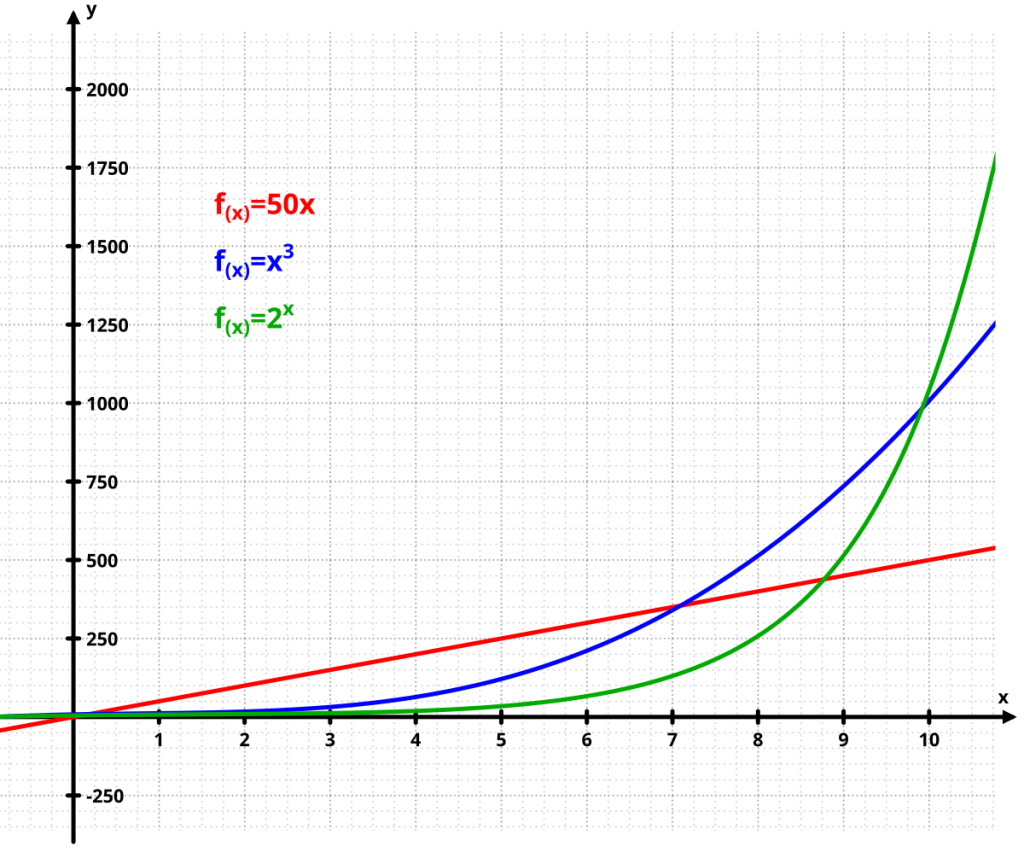
2. Nested Realities and the ‘Sewer of Reality’
One uncomfortable aspect of Bostrom’s model is that simulations might themselves give rise to further simulations. If every reality able to produce a realistic virtual world does so, the outcome is a stack of nested universes. The further one descends, the more unlikely it is to be in base reality.
Even beginning at only two simulations per originator, the doubling effect rapidly generates millions or billions of simulated realities. Most intelligent entities would then populate the bottom levels the “sewer of reality,” according to some theorists. According to this, Musk’s worry is not only that we could be simulated, but likely far down from any starting, top-level universe.
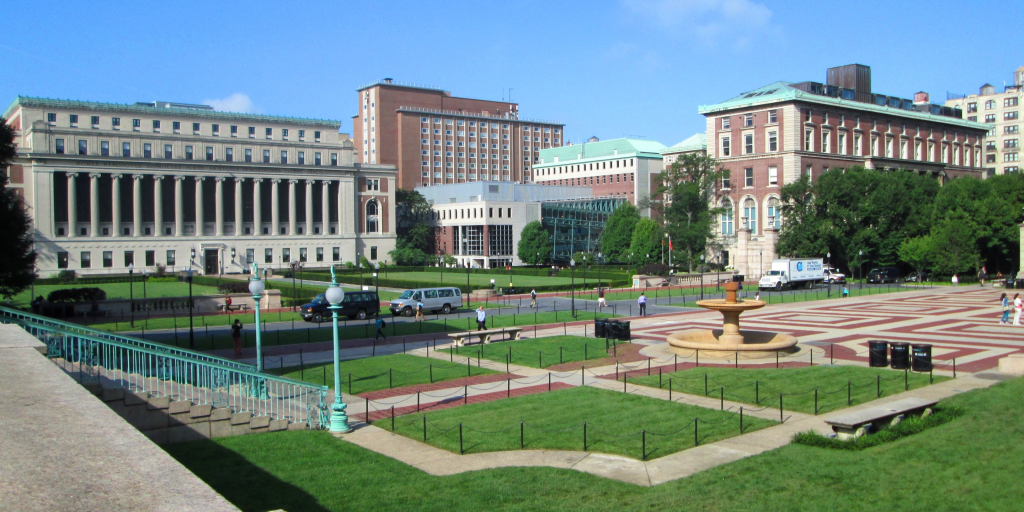
3. Bayesian Reasoning and the 50–50 Rebuttal
Not everyone is as skeptical as Musk’s chances. Columbia University astronomer David Kipping reformulated Bostrom’s trilemma into a more straightforward dilemma: either there are no simulations, or at least one. Placing equal prior odds on both, he estimated that, in the absence of direct evidence, the chances we are in base reality are about 50 percent a bit more than a coin flip.
But Kipping cautions that the instant that humans develop a simulation with conscious entities, the scales would tip profoundly. “The day we come up with that technology, it tips the probability from a little more than 50–50 that we are real to essentially definitely we are not real,” he explained to Scientific American.
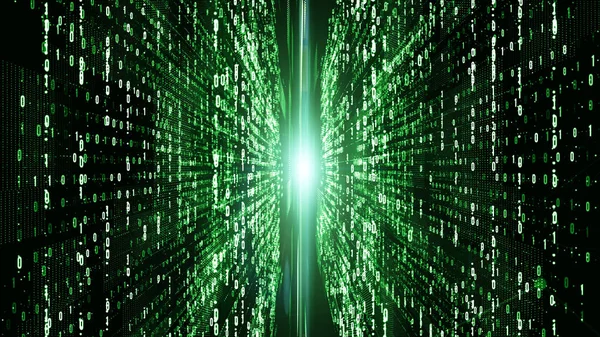
4. Stalking Patches in the Cosmic Code
The hypothesis is notoriously hard to test. As Bostrom points out, any apparent anomaly could be “patched” by the simulators. Nonetheless, researchers have suggested experiments to search for telltale signs of constrained computational resources, similar to video games rendering only what a player can see.
Physicist Houman Owhadi has proposed quantum tests intended to mislead a simulation, and Zohreh Davoudi has investigated whether a discretized spacetime employed in our own nuclear physics simulations could leave observable signatures in the directions of arrival of high-energy cosmic rays. To date, telescopes have seen nothing of the kind.
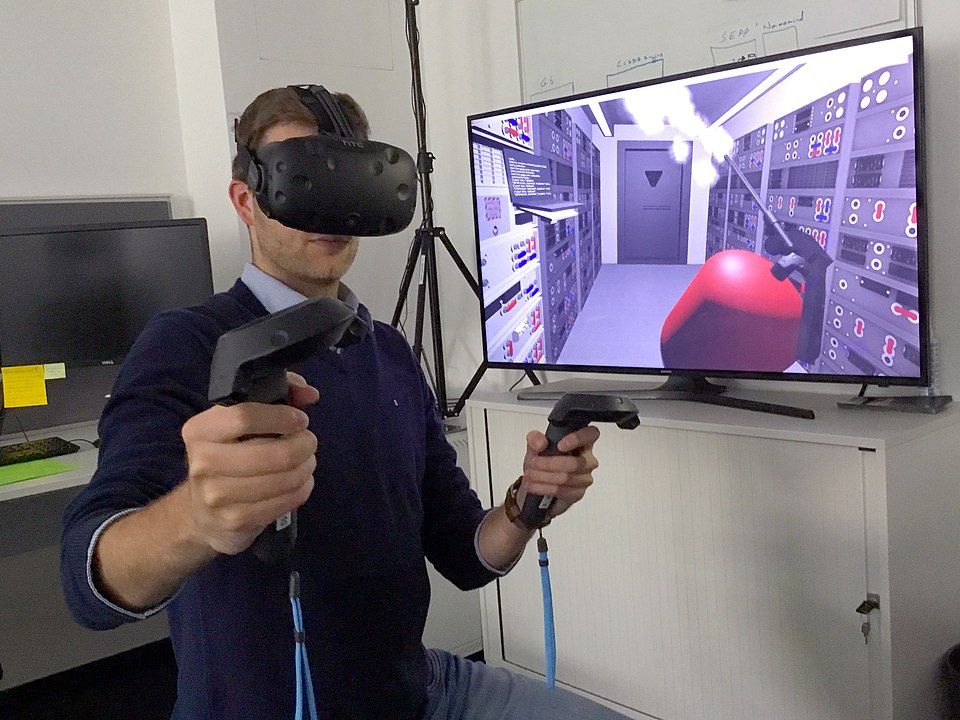
5. VR’s March Toward Hyperreality
Technologies of consumer virtual reality provide a concrete, if small-scale, analogy. As one user of the Oculus Quest 2 put it, the feeling of manipulation of virtual objects can be so realistic that the brain forgets the pretense. As with every graphic, haptic, and AI-environmental advancement, the lines between simulated and real experience blur.
If such immersion is possible with today’s hardware, Musk argues, it is reasonable to expect that a posthuman civilization could create simulations indistinguishable from reality complete with simulated minds unaware of their condition.

6. Moral and Religious Dimensions
The simulation hypothesis also crosses paths with the old questions regarding creation and the divine. Some view the “simulator” as a scientific proxy for God; others envision an endless regression of creators, themselves simulated, with perhaps an ultimate source at the end.
Philosophers observe that if we ever develop our own simulated entities, we would have deep ethical responsibilities to them. Musk’s musing therefore aligns with free will, moral responsibility, and whether a benevolent creator human or not would allow autonomy in their creations.
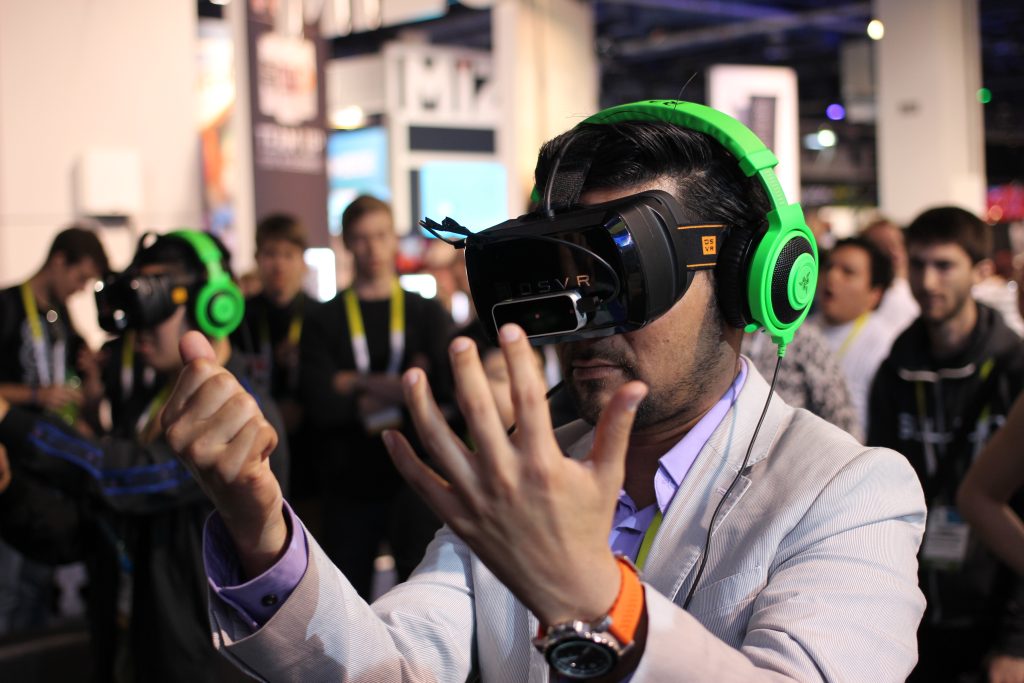
7. Why Musk Hopes We’re Simulated
Ironically, Musk has stated that he hopes we are living in a simulation. His rationale is practical: if we are, it’s because civilization has lasted long enough to become that technologically advanced. If not, then the alternative is that nobody gets that far a bleak prediction for humanity’s current trajectory.
This view recasts the hypothesis from one of existential horror to one that could potentially be an indicator of cosmic longevity. Whether reassuring or unsettling, it serves to explain why the notion remains to be taken seriously by scientists, technologists, and philosophers.

Despite all its speculative character, the simulation hypothesis obliges confrontation with the boundary of human understanding. Whether one believes Musk’s virtual certainty, Kipping’s coin flip, or the naysayers who invoke Occam’s razor, the argument mixes hard science, philosophy, and the course of our own technology. And even as evidence eludes, the questions it poses about consciousness, ethics, and the architecture of reality are very probably going to stick around, simulated or not.
